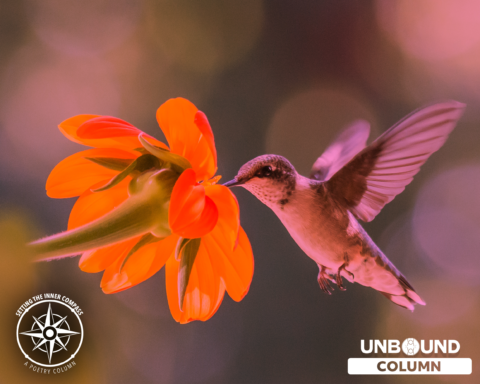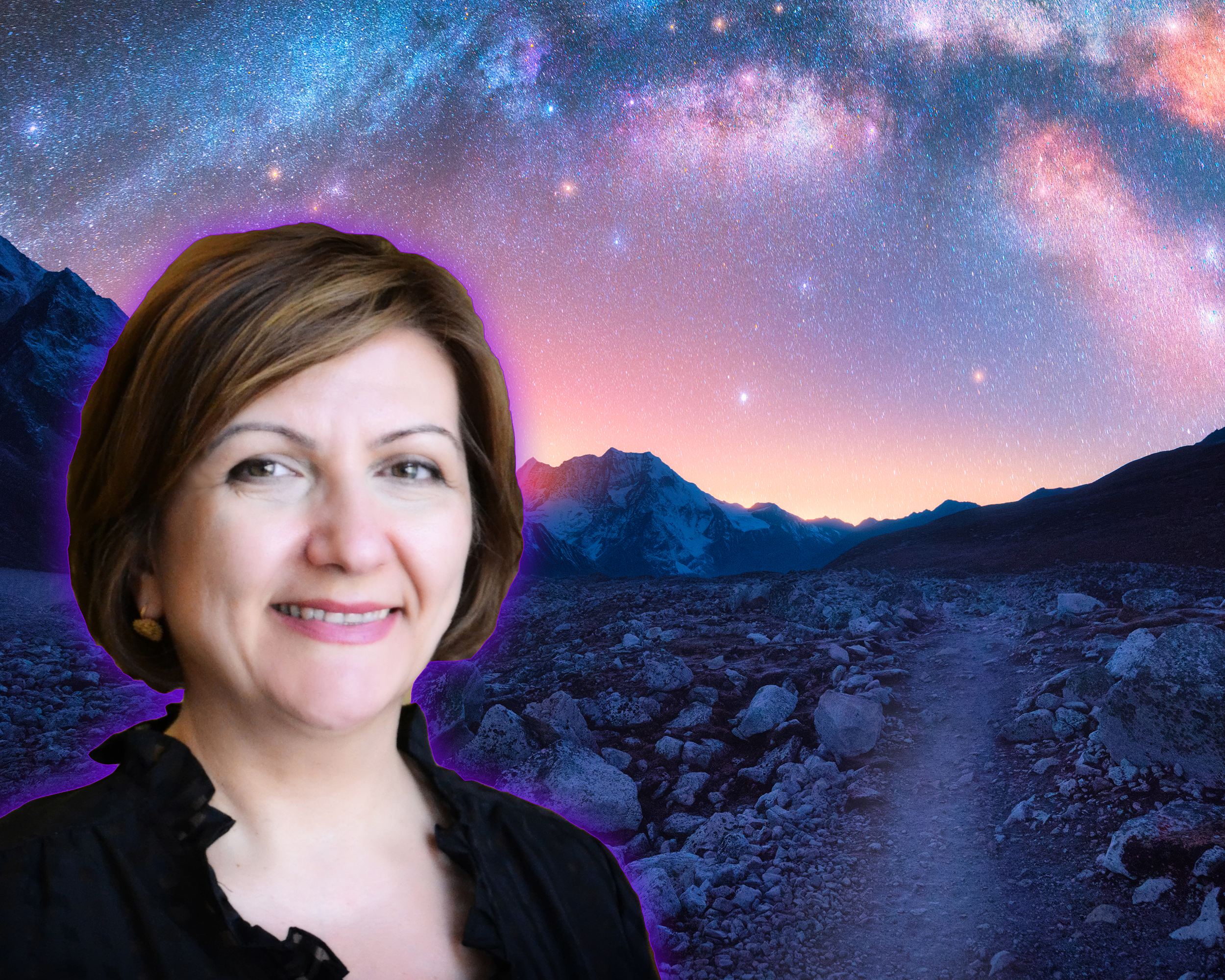How to Love the World
Reading poetry is one of the ways some of us nourish our faith, a way we set or reset our inner compass and stay focused on the big picture, on the spiritual journey. I know that is true for me. ‘Setting the Inner Compass’, is a column where I share poems that I find meaningful and hope others do as well.
This column is inspired by the new poetry anthology edited by James Crews, How to Love the World (Storey Publishing). The title echoes a line from one of my favorite poems, Mary Oliver’s poem “Spring”, “There is only one question; how to love this world.” When I needed to create a business card after retiring from being Immanuel’s pastor, I chose that quote for the back of the card. It is a question that has so many dimensions. It asks us to pay attention to the world around us to see the beauty and the realities that are far from beautiful. Loving the world invites contemplation at the same time as it invites action and engagement. When we love a person, we love them not because of what they do for us but because of who they are as unique children of God. Loving the world, especially the natural world, is the same. As my friend JP Newell gets at this in his new book, Sacred Earth Sacred Soul. We love creation not because it is a resource for humans but because it is sacred and from God.
I believe Christian faith is not so much a set of beliefs but at its core, it is trust in the way of Jesus, a way of love for the world and the people in it. It’s a way of life that pays attention to what is going on around us. The poems in the new anthology edited by James Crews are poems of gratitude and hope. They nourish and renew our spirits to do the work of actively engaging and loving the world. Scattered through-out the book there are reflective pauses with invitations for writing and refection in response to the poems. Maybe someday we will create a book of the poems and reflections used in this column. Today, I am very grateful for this collection and the poems in it.
The first poem I selected is by a poet who is quickly becoming a favorite. I have used her poems in past columns and may indeed use one of her poems in next month’s column. Danusha Lameris’ poem “Goldfinch” speaks to the love of birds that Ann and I share with my daughter Sara and those times when seeing a particular bird lifts the spirit. Dinusha’s books include The Moons of August and more recently Bonfire Opera.
“Thanksgiving for Two” focus on simple pleasures and notes the passing of time as it celebrates relationship with a look back while toasting, “whatever’s next.” The poet, Marjorie Saiser’s new book is The Track the Whales Make.
The last poem is by the editor of the collection James Crew. It celebrates creation and sees the earth not as a commodity or resource but as sacred, an expression of the holy. James is the author of four collections of poetry. He teaches poetry at the University of Albany and, as the poem suggests, lives with his husband on an organic farm in Vermont.
Enjoy the poems, check out the anthology. Take time to be grateful.
“There is only one question; how to love this world. ”
Peace,
Dave
THE POEMS
“Goldfinches” by Danusha Lameris
Good luck, they say,
to see one,
its face and breast
pure citrus
against the grey sky.
And today,
I am twice blessed
because two such bird
grace the low boughs
of the persimmon,
eating the soft heart
of winter’s fruit—
though they will
feast on thistles
pulled from the dry flowers
and so are said
to eat the thorns
of Christ’s crown,
to lift some small measure
of his suffering.
Whatever your grief,
however long you’ve carried it—
may something
come to you,
quick and unexpected,
whisk away
the bristled edge
in its sharp
and tender beak.
“Thanksgiving for Two”
by Marjorie Saiser
The adults we call our children will not be arriving
with their children in tow for Thanksgiving.
We must make our feast ourselves,
slice our half-ham, indulge, fill our plates,
potatoes and green beans
carried to our table near the window.
We are the feast, plenty of years,
arguments. I’m thinking the whole bundle of it
rolls out like a white tablecloth. We wanted
to be good company for one another.
Little did we know that first picnic
how this would go. Your hair was thick,
mine long and easy; we climbed a bluff
to look over a storybook plain. We chose
our spot as high as we could, to see
the river and the checkerboard fields.
What we didn’t see was this day, in
our pajamas if we want to,
wrinkled hands strong, wine
in juice glasses, toasting
whatever’s next,
the decades of side-by-side,
our great good luck.
“Down to Earth” by James Crew
The heart of a farmer
is made of muscle
and earth that aches
for return to earth.
And when the sky
releases a steady rain,
massaging each row
of sprouted beans,
my husband leans out
of the car window
and opens his hand
to hold that water
for a single instant,
his heart now beating
in sync with rain
seeping through layers
to kiss the roots
of every plant alive
on this living, breathing
planet on whose back
we were granted
permission to live
for a limited time.
CREDITS
“Goldfinches” is used with permission of the poet.
“Thanksgiving for Two” is used with permission of the poet
“Down to Earth” is used with permission of the poet.
All three poems are in the anthology How to Love the World poems of gratitude and hope edited by James Crew (Storey Publishing 2021)
Rev. Dave Brown is a writer, creator/host of Blues Vespers, one of the PNW Interfaith Amigos and with Imam Jamal Rahman he does programs on authentic Interfaith friendship. Dave is the former pastor of Immanuel Presbyterian Church, Tacoma, WA. He serves on the PCUSA Education Roundtable ([email protected]).






Unbound Social